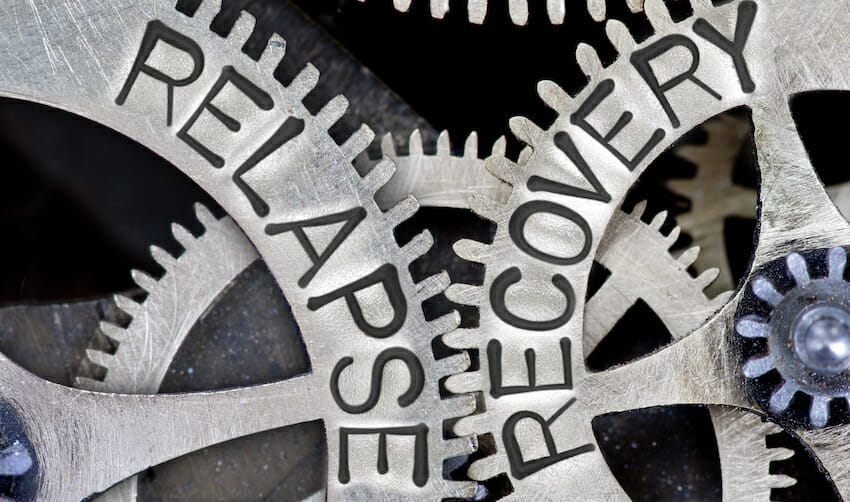
For those of us who have coped most of our lives with emotional pain by acting out in unhealthy ways, learning how to respond to pain relationally is a process that happens over time. Because of this, there may be some slips and failures along the way. Here are some truths to remember:
Truth #1: A relapse in my recovery is possible but not inevitable.
The truth is that we always have a choice to stay sober. No one can make us drink, use substances, or sin sexually, and no sin has the power to control us unless we allow it to. It is true that we are powerless over the emotions we feel and the desires that we have. However, we are not powerless over our behaviors. Our ability to know and to choose what is right is part of God’s image in us.
Truth #2: A relapse in my recovery occurs when my internal struggle is acted out in an external way.
Too often what happens inside of men like us is a thought process that goes something like this: “Well, I’ve already sinned by thinking about [fill-in-the-blank]. I might as well go ahead and do it.” This kind of all-or-nothing thinking is so damaging. Heart sin needs to be dealt with in relationship with God and others—simply because unresolved heart sin always leads to behavioral sin. But an internal struggle does not become a relapse until you act on it externally. Don’t let the enemy fool you into breaking your sobriety by getting caught up in this kind of thinking. Sin acted out externally is always more destructive to you and others than sin committed in the heart.
Truth #3: A relapse in my recovery does not erase the progress I’ve made. I can continue on the path of freedom without returning to old patterns of addiction.
If you find yourself having acted out in some way, embracing this truth can save your life. Because of our struggle with all-or-nothing thinking, one failure can become the catalyst for an acting-out binge. The consequences of returning to our addictive cycle are serious. It is critical for us to be honest with others, evaluate what went wrong, and re-engage our recovery.
Truth #4: I can respond to a relapse in a biblical and relational way that allows me to continue in my recovery.
The problem, if you relapse, will not be knowing what to do, but having the courage to do what you already know. So, let’s walk through a healing response to failure.
Report: Be honest with God and others immediately. This is not a decision you can choose to delay if you want to avoid a downward spiral into out-of-control behavior. As soon as you have acted out, start dialoguing with God about your failure and call a safe friend. Don’t hide or minimize your relapse. Be actively involved in exposing your behavior.
Re-group: Figure out what went wrong. You cannot deal fully with a problem if you don’t know what caused it. Recognize that you may not be able to do this alone. You may need the help of a trained counselor to address the issues beneath your behaviors.
Re-evaluate: Adjust your recovery plan, and renew your commitment to follow it. If you relapsed because you were unprepared/unguarded, then adjust your plan to protect yourself. If you relapsed because you neglected your recovery plan, renew your focus on doing the things God has already shown you to do. Allow the pain of your failure to re-energize your commitment to recovery.
Re-engage: Get back on the road of recovery. Don’t allow a relapse to result in a major detour. Look towards the finish line. See the Father cheering for you. Live to show the world that He loves you and has a good plan for your life.

Leave a Reply
You must be logged in to post a comment.